Ten UCI researchers named AAAS fellows
Honor is conferred for distinguished contributions to their fields
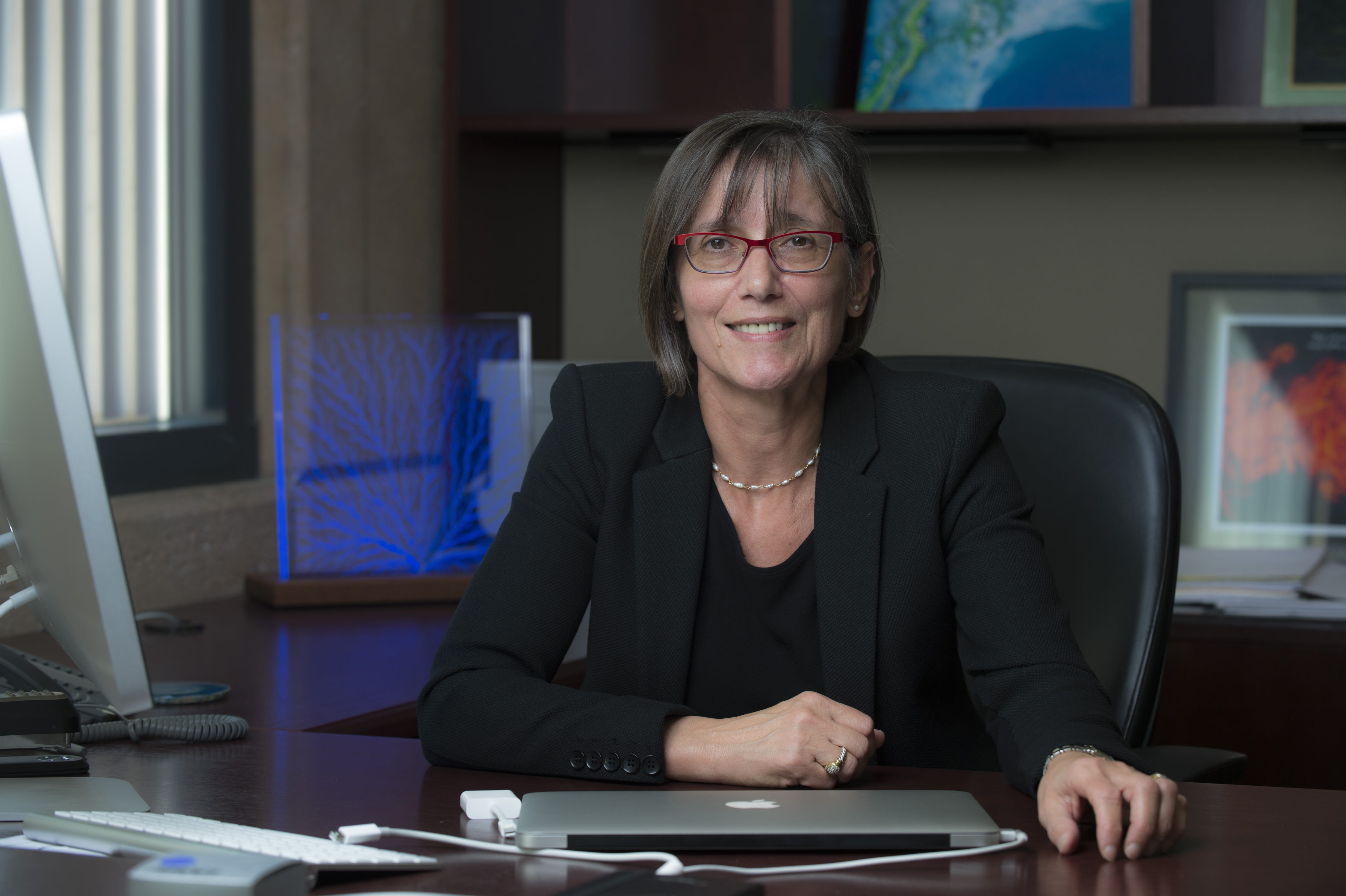
Irvine, Calif., Nov. 20, 2017 — Ten University of California, Irvine researchers in areas ranging from engineering and computer science to evolutionary biology and physical sciences have been named fellows of the American Association for the Advancement of Science, the world’s largest general scientific society.
A total of 396 AAAS members are being honored this year for their efforts to further science or its applications. New fellows will each receive an official certificate and a gold-and-blue rosette pin on Feb. 17, 2018, at the organization’s annual meeting in Austin, Texas.
“UCI is a world-class research university that’s home to many of the world’s most innovative scholars,” said Enrique Lavernia, UCI provost and executive vice chancellor. “Today we celebrate UCI faculty from a broad array of fields being recognized as AAAS fellows.”
The honorees will be formally announced Nov. 24 in the AAAS News & Notes section of the journal Science. Those from UCI are:
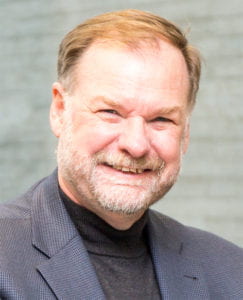
Christopher Barty, professor of physics & astronomy: For foundational contributions to the development of ultrahigh-intensity lasers and their applications, and for leadership in organizing and advancing the international high-intensity laser research community
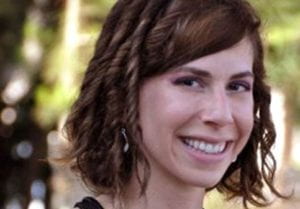
Suzanne Blum, associate professor of chemistry: For distinguished contributions to the field of molecular chemistry, particularly for studies of interactions and transformation of molecules in chemical reactions and for development of fluorescence microscopy tools to conduct research.
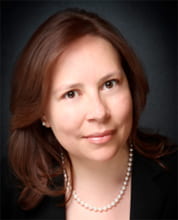
Adriana Briscoe, professor of ecology & evolutionary biology: For distinguished contributions to the field of molecular evolution, particularly for using functional approaches to study light-sensitive pigments in color vision and their related behaviors.

Kieron Burke, professor of chemistry: For fundamental development of computational modeling methods used in physics, chemistry and materials science to investigate the structures of atoms and molecules, and for outstanding efforts in explaining the theory to a broad scientific audience.
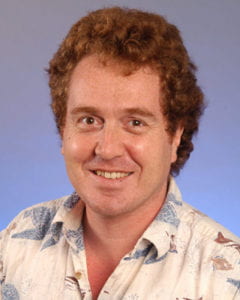
David Eppstein, Chancellor’s Professor of computer science: For distinguished contributions to the design and analysis of algorithms, particularly for computational geometry, graph theory and graph drawing.
Efi Foufoula-Georgiou, Distinguished Professor of civil & environmental engineering: For influential contributions to the field of surface hydrology (the study of complex water systems) and hydroclimatology, and for unselfish leadership in promoting Earth sciences.

Kenneth Janda, dean of the School of Physical Sciences and professor of chemistry: For work in understanding the forces within molecules, such as the bonds that hold atoms together.
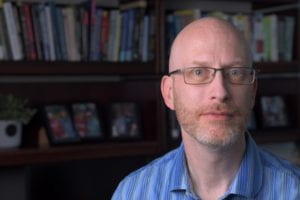
Craig Stark, professor of neurobiology & behavior: For distinguished contributions to the field of neuroscience, particularly for the study of memory and the communication of this work to the public.
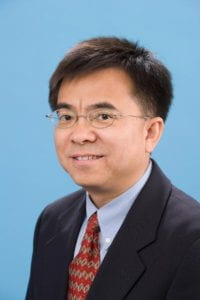
Lizhi Sun, professor of civil & environmental engineering: For distinguished contributions to the study of the properties and behaviors of solid and fluid materials, with applications in civil, mechanical, aerospace, electrical and biomedical engineering.

Kathleen Treseder, the Francisco J. Ayala Chair in Ecology & Evolutionary Biology: For distinguished contributions to the field of ecosystem ecology, particularly for developing innovative research methods showing how soil microbes can offer clues to how the world will respond to climate change.
With this year’s class, UCI has 160 AAAS fellows.
“These brilliant scientists – who represent a broad spectrum of academic pursuits – personify UCI’s research innovation and excellence,” said Pramod Khargonekar, UCI vice chancellor for research. “Becoming AAAS fellows is an honor they richly earned and deserve.”
About the University of California, Irvine: Founded in 1965, UCI is the youngest member of the prestigious Association of American Universities. The campus has produced three Nobel laureates and is known for its academic achievement, premier research, innovation and anteater mascot. Led by Chancellor Howard Gillman, UCI has more than 30,000 students and offers 192 degree programs. It’s located in one of the world’s safest and most economically vibrant communities and is Orange County’s second-largest employer, contributing $5 billion annually to the local economy. For more on UCI, visit www.uci.edu.
Media access: Radio programs/stations may, for a fee, use an on-campus ISDN line to interview UCI faculty and experts, subject to availability and university approval. For more UCI news, visit wp.communications.uci.edu. Additional resources for journalists may be found at communications.uci.edu/for-journalists.
About the American Association for the Advancement of Science: AAAS is the world’s largest general scientific society and the publisher of Science (www.sciencemag.org) – which has the highest paid circulation of any peer-reviewed general science journal – as well as Science Translational Medicine, Science Signaling, Science Advances, Science Immunology and Science Robotics. Founded in 1848, the nonprofit AAAS (www.aaas.org) encompasses nearly 250 affiliated societies and academies of science, serving 10 million individuals. It is open to all and fulfills its mission to “advance science and serve society” through initiatives in science policy, international programs, science education, public engagement and more. For the latest research news, log on to EurekAlert! (www.eurekalert.org), a service of AAAS.